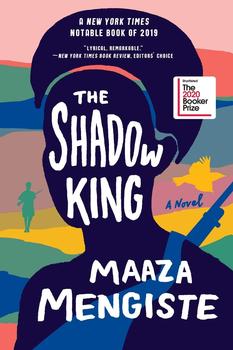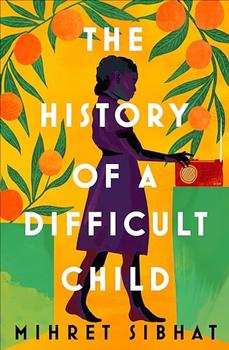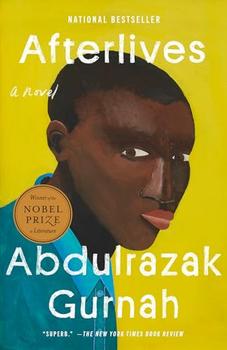Summary | Excerpt | Reading Guide | Discuss | Reviews | Beyond the book | Read-Alikes | Genres & Themes | Author Bio

A Novel
by Maaza MengisteShortlisted for the 2020 Booker Prize, and named a best book of the year by the New York Times, NPR, Elle, Time, and more, The Shadow King is an "unforgettable epic from an immensely talented author who's unafraid to take risks" (Michael Schaub, NPR).
Set during Mussolini's 1935 invasion of Ethiopia, The Shadow King takes us back to the first real conflict of World War II, casting light on the women soldiers who were left out of the historical record. At its heart is orphaned maid Hirut, who finds herself tumbling into a new world of thefts and violations, of betrayals and overwhelming rage. What follows is a heartrending and unputdownable exploration of what it means to be a woman at war.
First published in hardcover, Sept 2019.
While readers who approach it hoping for a straightforward work of inspiring historical fiction will be disappointed, those willing to let it take shape as what it is — a sprawling and poetic meditation on existence — will be richly rewarded. The Shadow King leverages its historical details to uncover new ways of thinking about how people arrange their inner worlds in order to preserve a sense of self. By exploring its characters' dreams, denials and constructed realities, it engages in conversation with other literature that documents the human experience on a large scale...continued
Full Review
 (839 words)
(839 words)
(Reviewed by Elisabeth Cook).

In The Shadow King by Maaza Mengiste, Hirut has a particular attachment to a rifle that her father gave her, a Wujigra, which she goes out of her way to retrieve after Kidane takes it away from her while stockpiling weapons for his army. "Wujigra" is the Ethiopian term for the Fusil Gras, a French service rifle that was manufactured in the late 19th century. It is a single-shot rifle with a reputation for being robust, as is described in Mengiste's book: "A bolt-action, 11mm rifle designed to deliver a single lethal shot with consistent accuracy, a hardy gun able to withstand cold and rain, repeated and rapid firing."
The Fusil Gras was developed as an adaptation of the breech-loading Chassepot rifle and as a response to the German...

If you liked The Shadow King, try these:

The History of a Difficult Child
by Mihret Sibhat
Published 2024
A breathtaking, tragicomic debut novel about the indomitable child of a scorned, formerly land-owning family who must grow up in the wake of Ethiopia's socialist revolution

by Abdulrazak Gurnah
Published 2023
From the winner of the 2021 Nobel Prize in Literature, a sweeping, multi-generational saga of displacement, loss, and love, set against the brutal colonization of East Africa.